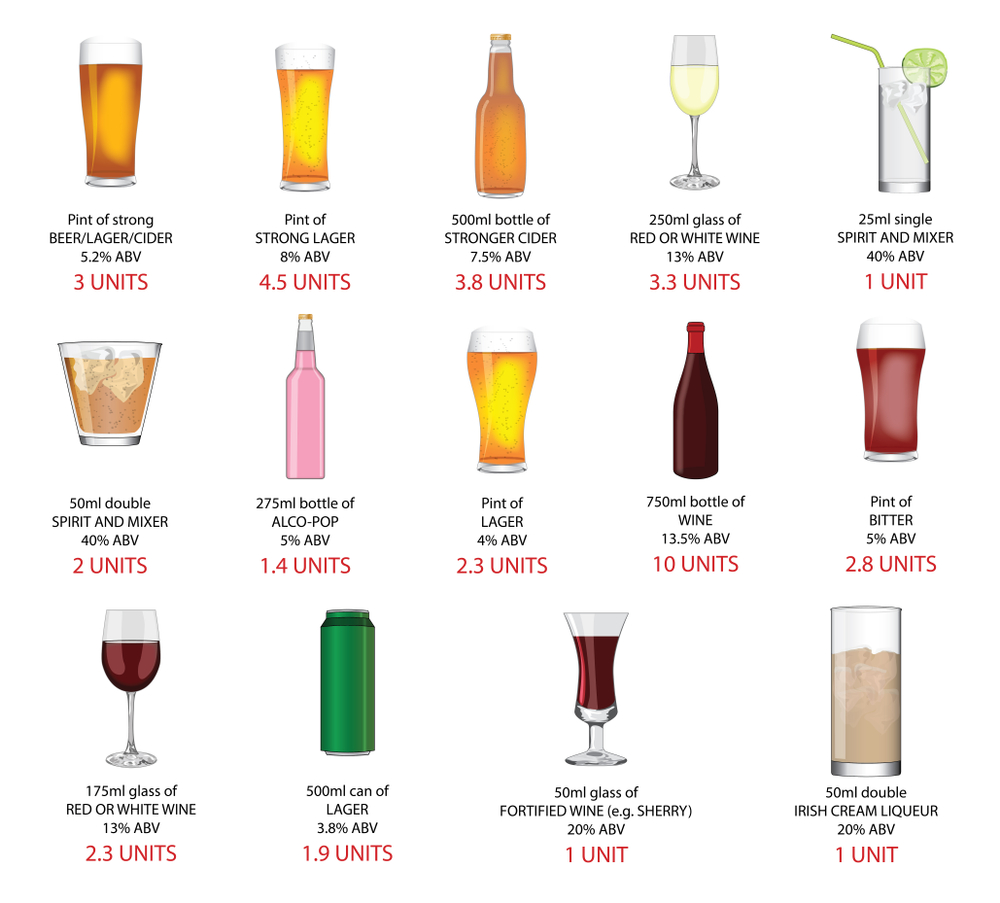The COVID-19 Virus has impacted many people lives in the last few weeks. Restrictions on travel, schools closing, exams being cancelled loss of jobs and the general unknown is placing pressure on many people. Whilst trying to buy a few supplies I was amazed to see that the alcohol aisle was completely decimated. I questioned are people instinctively reaching for the bottle as a form of stress release?
According to the UK Drinkaware website alcohol can seem to make you more relaxed, but if you’re regularly drinking more than the UK Chief Medical Officers’ (CMO) low risk drinking guidelines, of 14 units (1 pint beer/250ml wine = about 3 units) a week for men and women, you could end up exacerbating stress.
Adverse effects
Alcohol is a depressant, which means it slows down the brain and the central nervous system’s processes.
The Mental Health Foundation says: “Over time, heavy drinking interferes with the neurotransmitters in the brain that are needed for good mental health. So while alcohol may help deal with stress in the short term, in the long run it can contribute to feeling of depression and anxiety and make stress harder to deal with.
“People who drink heavily are more likely to suffer from mental health problems.”
Don’t avoid the issue
Professor Cary Cooper, Professor of Organisational Psychology and Health at the University of Lancaster, says that getting drunk is basically an avoidance strategy. “You’re not properly confronting the issues that make you feel stressed in the first place.” Try talking to someone a friend or relative may help you to deal with the stress.
Alcohol and the Immune system
Drinking large amounts of alcohol for many years will take its toll on many of the body’s organs and may cause organ damage. Organs known to be damaged by long-term alcohol misuse include the brain and nervous system, heart, liver and pancreas.
Heavy drinking can also increase your blood pressure and blood cholesterol levels, both of which are major risk factors for heart attacks and strokes.
Most importantly long-term alcohol misuse can weaken your immune system, making you more vulnerable to serious infections.
Tips to help you relax
Whatever stress you’re facing, there are more effective ways to cope with it than drinking too much alcohol:
Exercise has many benefits, not only for your physical health but also your mental health. In your brain, exercise stimulates chemicals that improve your mood.
Exercise a great way to de-stress: as restriction increase, we may need to adapt are usual exercise regimes or make sure we integrate it into are daily routine. Maybe trying a brisk walk (whilst social distancing) which can help clear your head of the day’s worries. In our house we have set up an exercise area and all plan to do some form of daily activity. I have also seen a number of online exercise classes on You Tube which can be easily done in your front room.
A hot bath or some gentle stretches will also relieve tension from your body.
If you do decide to have a drink, dinner-only drinking with a small glass of something with your meal as eating on an empty stomach increases the absorption. Saving any alcohol you decide to have until later means you’re not giving yourself the entire evening to drink.
If you have a health condition please consult a health professional before starting an excessive exercise regime or consult public health guidance.
Thank you for reading
Fiona Waring
Dip Nut, BSc.(Hons), MSc PHN, ANutr
Nutritional Therapist
M: +44 07957 267 964
eatyourgreens@fionawaring.com

‘Registered with the Association for Nutrition – www.associationfornutrition.org
